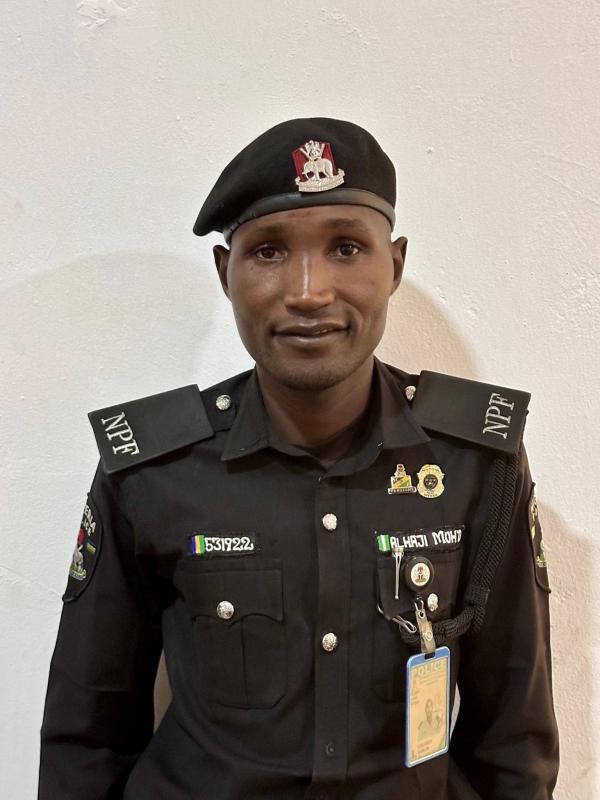
Amid calls for the outlaw of death penalty by some human right advocates, it seem the punishment will still be in operation longer than expected, if report reaching CEOAFRICA from Gambia is anything to go by.
CEOAFRICA.com gathered that a Judge at the Special Criminal Court in Banjul, recently sentenced one Lamin Ceesay to death after he was found guilty of a murder charge.
Delivering his judgement, Justice Emmanuel Nkea revealed that the accused was charged with the murder of one Momodou Lamin Bayo, an offence contrary to section 187 of the Criminal Code Cap.10 Vol.III, Laws of The Gambia 2009.
According to the Judge, the prosecution’s case is that on the 14th June, 2001, PW1 then attached to the Brikamaba Police Station received a complaint from one Kekuta Jarra that the deceased was lying under a mango tree and it was later alleged by some un named members of the public that the accused stabbed the deceased with knife, and when Bayo was rushed to the Bansang Hospital by the Police, he was pronounced dead. He stated that the ensuing post mortem report is in evidence as exhibit (E) as well as photographs taken of the deceased body and marked as exhibit (F-F1). Furthermore, it was revealed that PW1 and others went in search of the accused, but he could not be seen immediately. He was later traced to the house of one Makanjang lying on a wooden bench, where he was arrested and one Cpl. Jawo retrieved a white knife from his pocket.
Also, the presiding judge said the accused was later taken to Brikamaba Police Station, where he was cautioned and charged. The cautionary and voluntary statements of the accused were received in evidence and marked as exhibits (C) and (D). Justice Nkea said that, these statements are confessional in nature, however, in his testimony before the court, the accused denied stabbing the deceased, and that the Police found a nail cutter and not a knife in his possession. The judge reminded the people that the Supreme Court of Gambia had ordered a retrial in the matter, after it observed that the initial court failed to ascertain the mental fitness of the accused to stand trial and upon the mental examination of the accused as in exhibits (A) and (B), he was found not to possess any psychiatric disorder.
Justice Nkea disclosed that to succeed on a charge of murder, the Law under Section 187 of the Criminal Code, requires the prosecution to prove the following elements beyond reasonable doubts: (a) that the deceased died, (b) that the death was unlawful, (c) that the death was caused with malice aforethought, and (d) that the accused person participated in or caused the said death and that the burden of prove is always on the prosecution.






















